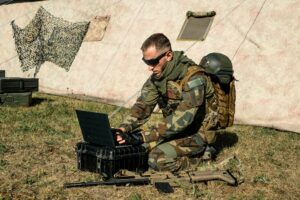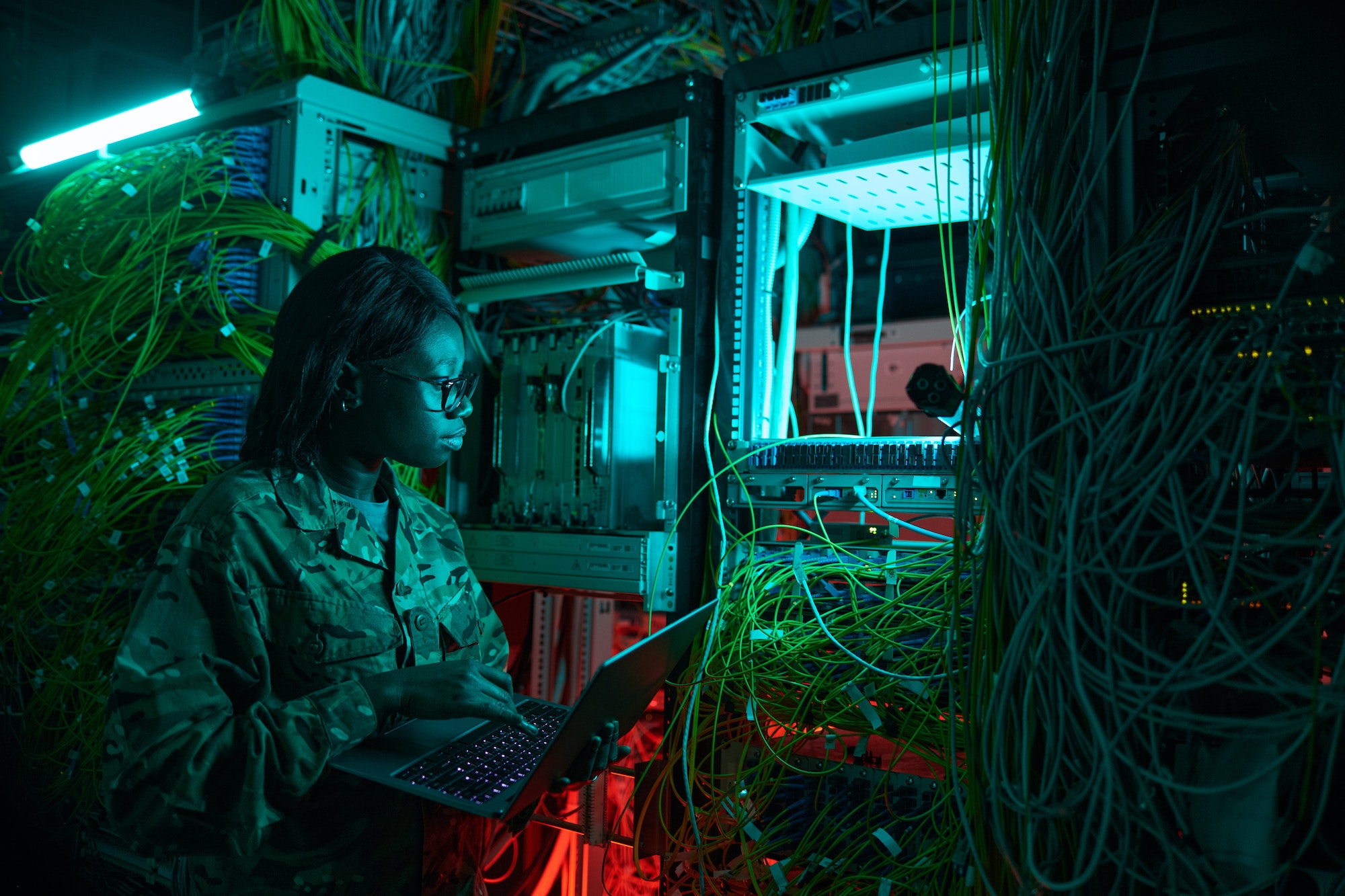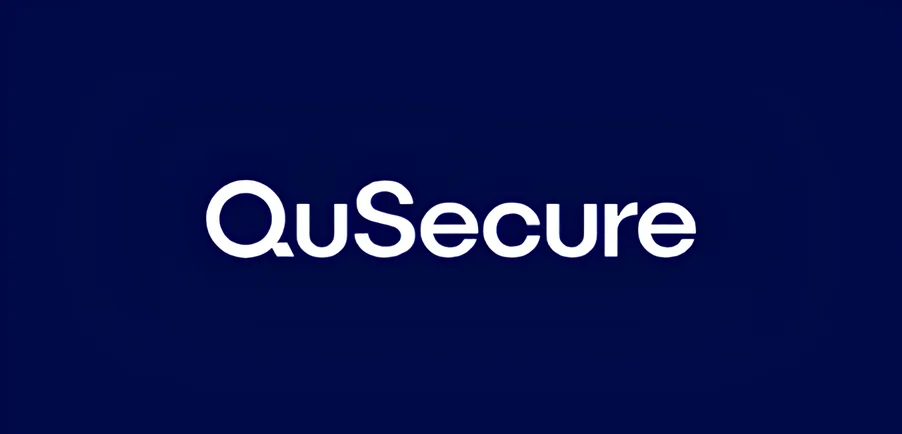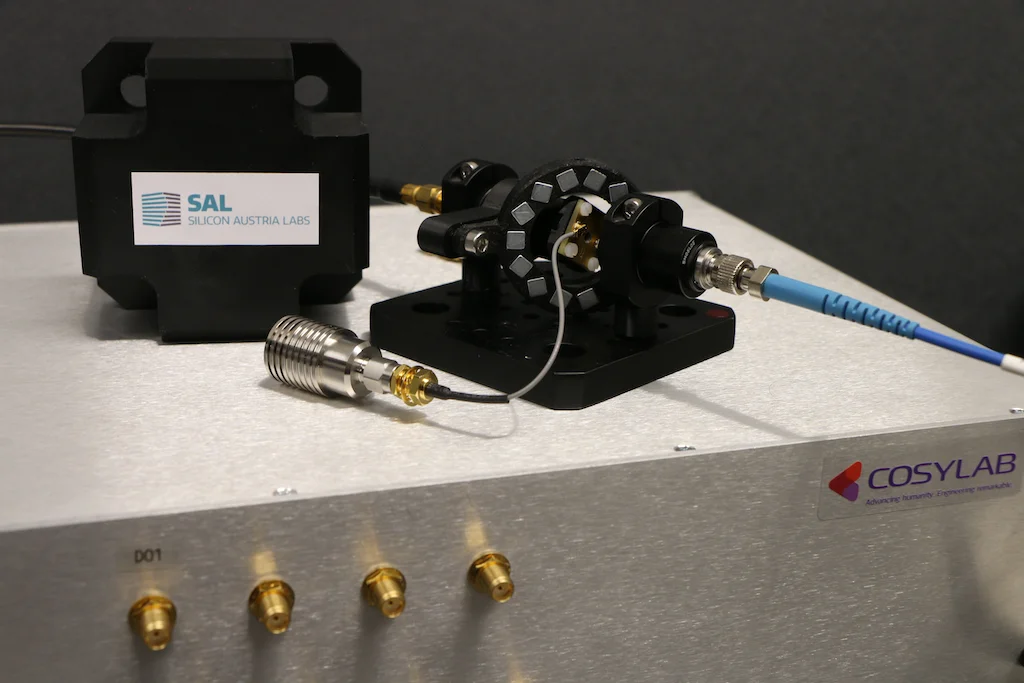Although it is not a total surprise, waves of bad business news swept over the quantum technology industry recently, proving that this rapidly developing field is not immune to the economic battering that has sunk major tech stocks and continues to suppress the startup field in general.
But could quantum technology be different than other technologies that have faced cutbacks in investment and initiative in the face of dwindling resources or interest? Should commitment to quantum technology be impervious to business — or even research — setbacks?
Let’s consider that case.
Quantum systems feature unique properties, such as superposition and entanglement, that enable new and innovative solutions to a wide range of national defense and national security challenges, solutions that other forms of technology do not provide.

Writing in American Affairs Journal, Arthur Herman, a senior fellow at the Hudson Institute and director of the Quantum Alliance Initiative, writes that national security — and lives — will rely on the mastering of quantum technology. Decreasing — or even eliminating — programs for quantum investments might be far too risky.
Herman writes: “In the twenty-first century, supremacy will belong to the nation that controls the future of information technology, which is quantum. As we will see, it would be a mistake to assume that the United States is destined to be in this position. In the topsy-turvy, counterintuitive world of quantum mechanics and quantum computing, decades-long dominance in IT doesn’t automatically translate into dominance in the coming era. But strategy and commitment of resources, including funding, almost certainly will—and with it, the balance of the future.”
Breaking down quantum’s key applications, the national security implications become obvious.
“In the topsy-turvy, counterintuitive world of quantum mechanics and quantum computing, decades-long dominance in IT doesn’t automatically translate into dominance in the coming era. But strategy and commitment of resources, including funding, almost certainly will—and with it, the balance of the future.” — Arthur Herman
Quantum Cryptography
Improved cryptography is one of the most significant benefits of quantum technology for national security. Quantum cryptography relies on quantum systems to encode messages in a way that is secure from eavesdropping or hacking. This makes it ideal for secure communication within the military and intelligence agencies, where the protection of sensitive information is paramount. By using quantum cryptography, governments can ensure that their most critical communications remain confidential and protected against malicious actors.
“Data security is very difficult to manage in a contested environment so quantum would be a game-changer on the battlefield.”– NATO
Quantum cryptography is just one of the applications that influenced NATO to label quantum as a “key emerging technology” that will extend its soldier’s warfighting capabilities.
“Quantum technology itself promises very secure data communication. Data security is very difficult to manage in a contested environment so quantum would be a game-changer on the battlefield. In the near future quantum technology could be used to easily break standard encryptions, while information encoded in a quantum particle, when attacked by hackers, would collapse, making interpretation impossible.” — NATO
Quantum Sensing
Another area where quantum technology can make a significant impact on national security is in the field of sensing. Quantum sensors can detect changes in physical quantities with extreme precision, making them useful for surveillance and early warning systems. For example, quantum sensors can be used to detect changes in magnetic fields, which could indicate the presence of hidden weapons or military vehicles. By using these sensors, governments can gain a more comprehensive understanding of their surroundings and respond more quickly to potential threats.
The Defense Science Board considers quantum sensing “the most mature military application of quantum technologies and is currently ‘poised for mission use.'”
Simulation and Modeling
Quantum technology can also play a critical role in simulation and modeling. Quantum computers can be used to model and simulate complex systems, such as predicting the behavior of a potential enemy’s weapons. This can help military planners understand the strengths and weaknesses of their own and their adversary’s systems, allowing them to develop more effective countermeasures.

Quantum AI
Quantum technology can be used to improve artificial intelligence (AI) systems used for national defense. By using quantum algorithms, AI systems can be developed that are more advanced and efficient, providing military planners with more accurate and timely information to make decisions.
“Recognizing that advances in quantum computing may drive advances in AI, the United States must establish trusted sources of materials and components for quantum computers, invest in the development of hybrid quantum-classical algorithms, and focus on fielding of national security applications.” — National Security Commission on Artificial Intelligence
Citing the power of combinative power of AI and Quantum, the National Security Commission on Artificial Intelligence urged the U.S. in 2021 to transition from basic research to national security applications of quantum computing and incentivize domestic fabrication.
“The United States is a global leader in research of quantum computers, but it risks losing its edge in applications to national security. Recognizing that advances in quantum computing may drive advances in AI, the United States must establish trusted sources of materials and components for quantum computers, invest in the development of hybrid quantum-classical algorithms, and focus on fielding of national security applications.”
Navigation is another area where quantum technology can make a significant impact on national security.
Currently, the military is dependent on global positioning systems, which are vulnerable to jamming and normal malfunctioning. Quantum-based navigation systems can provide a less vulnerable, more accurate positioning and navigation information for military vehicles and aircraft. This information can be used to improve navigation accuracy, reduce the risk of friendly fire incidents, and enhance overall situational awareness.
Supply Chain
Napoleon Bonaparte, perhaps apocryphally, said that an army marches on its stomach. If it were true for 19th century militaries, the importance of supply chain has only grown in importance and complexity.
By using quantum technologies, governments can secure supply chain networks and ensure that critical defense materials and equipment remain untampered. This helps to prevent the compromise of sensitive information or the introduction of malicious hardware into critical systems.
Electronic Warfare
Quantum technology can be used to develop new and more effective electronic warfare systems for jamming and disrupting enemy communications. This can help military forces to gain the upper hand in an electronic warfare environment, reducing the risk of successful enemy attacks and enhancing their own operational effectiveness.
Quantum technology has the potential to revolutionize many aspects of national security and national defense. Its ability to provide secure communication, improve sensing and navigation, enhance simulation and AI systems, secure supply chains, and develop new electronic warfare systems makes it an essential tool for modern military and intelligence organizations. By investing in this technology, governments can ensure that they have the tools they need to protect their nations and maintain a competitive advantage in an increasingly complex and rapidly evolving security environment.
If you found this article to be informative, you can explore more current quantum news here, exclusives, interviews, and podcasts.















